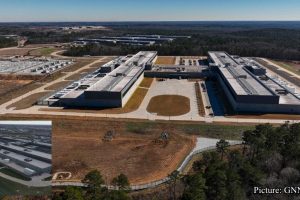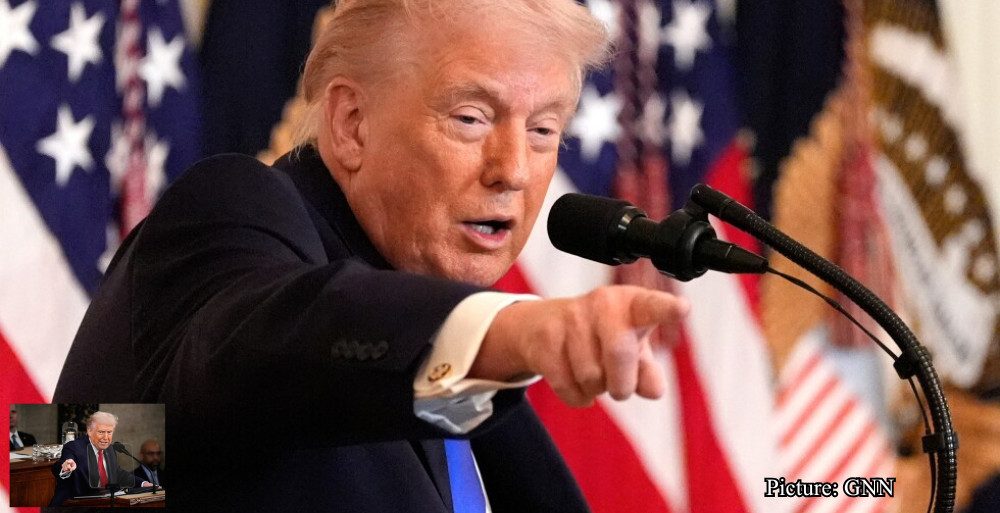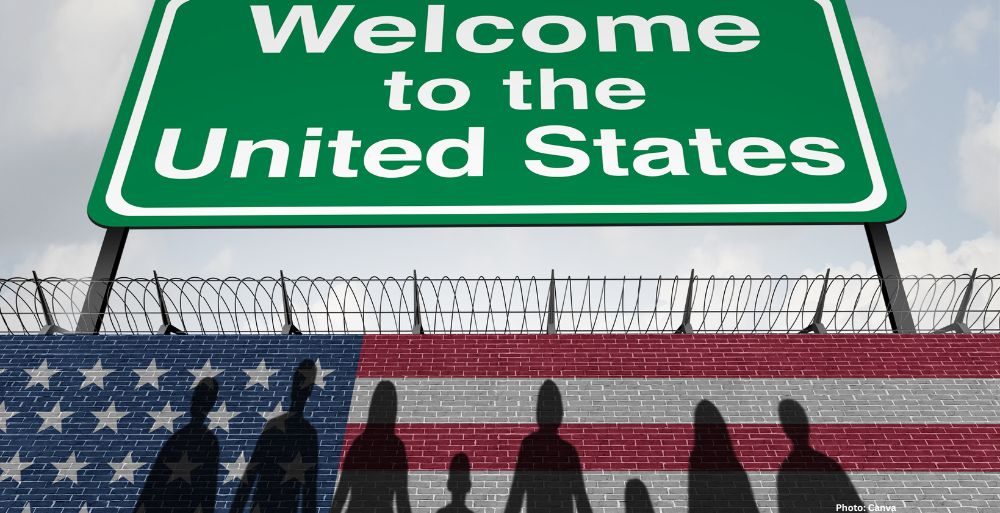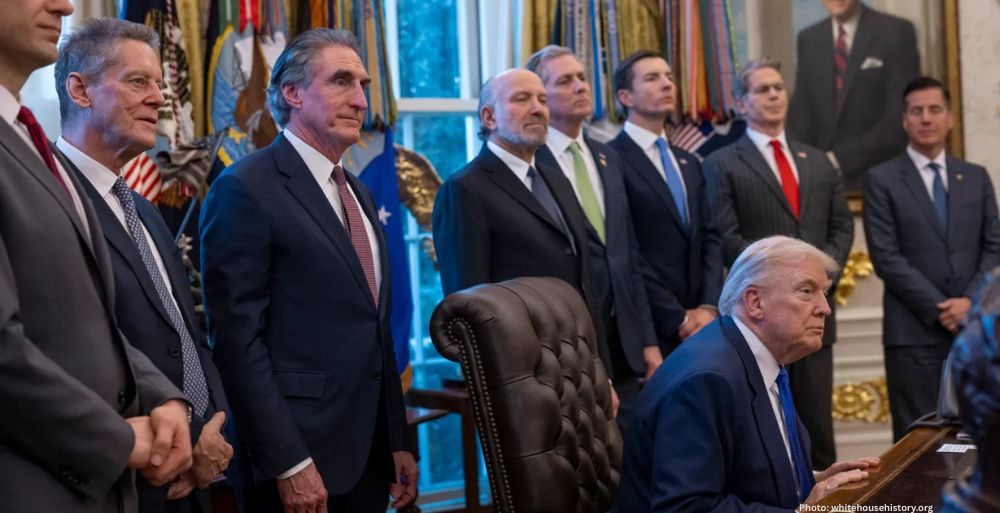Jay Chaudhry, the founder and CEO of Zscaler, has emerged as the richest Indian-American, with a net worth of approximately $17.9 billion. His remarkable journey from a small village in Himachal Pradesh, India, to leading one of the world’s largest cybersecurity firms in the U.S. is a testament to his resilience and vision.
Early Life and Education
Born in 1958 in Panoh, a remote village in Himachal Pradesh’s Una district, Chaudhry grew up in a family of small-scale farmers. Despite limited resources, he prioritized his education, often studying under a tree due to the lack of proper facilities. His dedication led him to pursue electronics engineering at IIT-BHU (Varanasi), followed by master’s degrees in computer engineering, industrial engineering, and an MBA in marketing from the University of Cincinnati. He further enhanced his knowledge with an executive program at Harvard Business School.
Career and Entrepreneurship
Before venturing into entrepreneurship, Chaudhry worked at multinational tech giants like IBM, Unisys, and NCR Corporation. In 1996, he co-founded SecureIT, his first cybersecurity venture, with his wife, Jyoti, investing their savings of around ₹4 crore. This laid the foundation for Zscaler, a company that now boasts a valuation of $46 billion.
Immigration Journey
Chaudhry’s entry into the U.S. in 1980 predates the formal introduction of the H-1B visa program. He began his career in the U.S. under its predecessor, the H-1 visa, which allowed skilled workers to contribute to the American workforce. His success story stands as a powerful example of the positive impact skilled immigrants can have on the U.S. economy.
Impact of Trump’s Immigration Policies
Under President Trump’s administration, the H-1B visa program has undergone significant changes, including a proposed $100,000 annual fee for new applications. These policy shifts have sparked debates about their potential to stifle innovation and disrupt industries that rely on skilled foreign labor. Chaudhry’s achievements highlight the contributions of immigrants to the American tech landscape and underscore the importance of policies that support talent and innovation.















